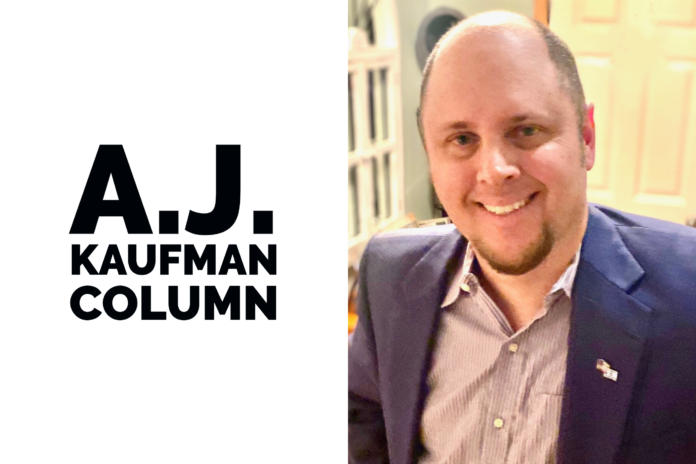I voted for Marco Rubio in the 2016 GOP primaries, as did my wife, my parents, and probably 80% of the conservatives I know. My wife and I canvassed for him and attended his rallies in Minnesota, where he won.
I thought — and still do — he’d be an unbeatable nominee and good president for many reasons. Assuming he wins re-election in two years, Rubio will most assuredly run again in 2024. Now, however, he’s rebranding and becoming more populist.
I am not a fan of populism, in general. Whether it’s old school Huey Long and William Jennings Bryan, the Bernie Sanders variety, or even then-candidate Donald Trump’s 2016 campaign; it’s too emotional and tribalist, while lacking coherent strategy. (Read Chris Stirewalt’s excellent book on the topic.)
National Review’s Kevin Williamson, who often attended Sanders and Trump rallies the same day in primaries five years ago, came away hearing similar populist oratory. This should not surprise us.
Populism is destabilizing and occasionally violent. Mobs are populist. The French Revolution was populist. But populism can also be good. The American Revolution was populist, and so is the constitution, the civil-rights movement and tax revolts.
Populism supposedly means putting people’s interests first. The problem is that populists, like demagogues, often help their people first. Instead of being a bottom-up phenomenon, populism is too often shaped by bombast from the top.
I prefer a Tea Party populism, emphasizing fiscal restraint, or President Ronald Reagan’s populism, which often warned of concentrated governmental power.
Rubio has been a fiscal populist for a while, but is moving to the cultural side. Considering his family’s blue-collar background, and Republicans gaining among union members, it’s appropriate the two-term senator seeks a working class party. This is understandable when the opposing party even acknowledges they cater to the 1%.
Rubio’s tweet last week about the incoming Biden Cabinet being elitist and “polite & orderly caretakers of America’s decline” was accurate; it’s also noteworthy that Tom Cotton, Ted Cruz, Josh Hawley, Ben Sasse, and other potential rivals for the 2024 nomination also graduated from Ivy League schools. Rubio attended a now-defunct college in rural Missouri, then a community college, the University of Florida, and University of Miami. He paid his own way.
“The future of the party is based on a multiethnic, multiracial working class coalition,” Rubio recently said, adding that Republicans should recognize “the free market exists to serve our people. Our people don’t exist to serve the free market.”
Rubio added that many Americans are against big businesses that “only care about how their shares are performing, even if it’s based on moving production overseas for cheaper labor. We still have a very strong base in the party of donors and think tanks and intelligentsia from the right who are market fundamentalists, who accuse anyone who’s not a market fundamentalist of being a socialist to some degree.”
“Rubio’s new ‘populist’ pitch strikes me as more Trumpian than Reaganesque — it is focused on whipping up resentment to attract votes, rather than on promoting a message about liberty and limited government,” Boston Globe columnist Jeff Jacoby told me Sunday. “I realize that parties always change and adapt. But America already has one grievance-based major party, and it doesn’t need another.”
I see Rubio’s overarching points, but also hear Jacoby’s concern. Conservatives must absolutely support liberty and avoid grievance. Tread carefully on the populist rhetoric, senator.
A.J. Kaufman
A.J. Kaufman is an Alpha News columnist. His work has appeared in the Baltimore Sun, Florida Sun-Sentinel, Indianapolis Star, Israel National News, Orange County Register, St. Cloud Times, Star-Tribune, and across AIM Media Midwest and the Internet. Kaufman previously worked as a school teacher and military historian.











